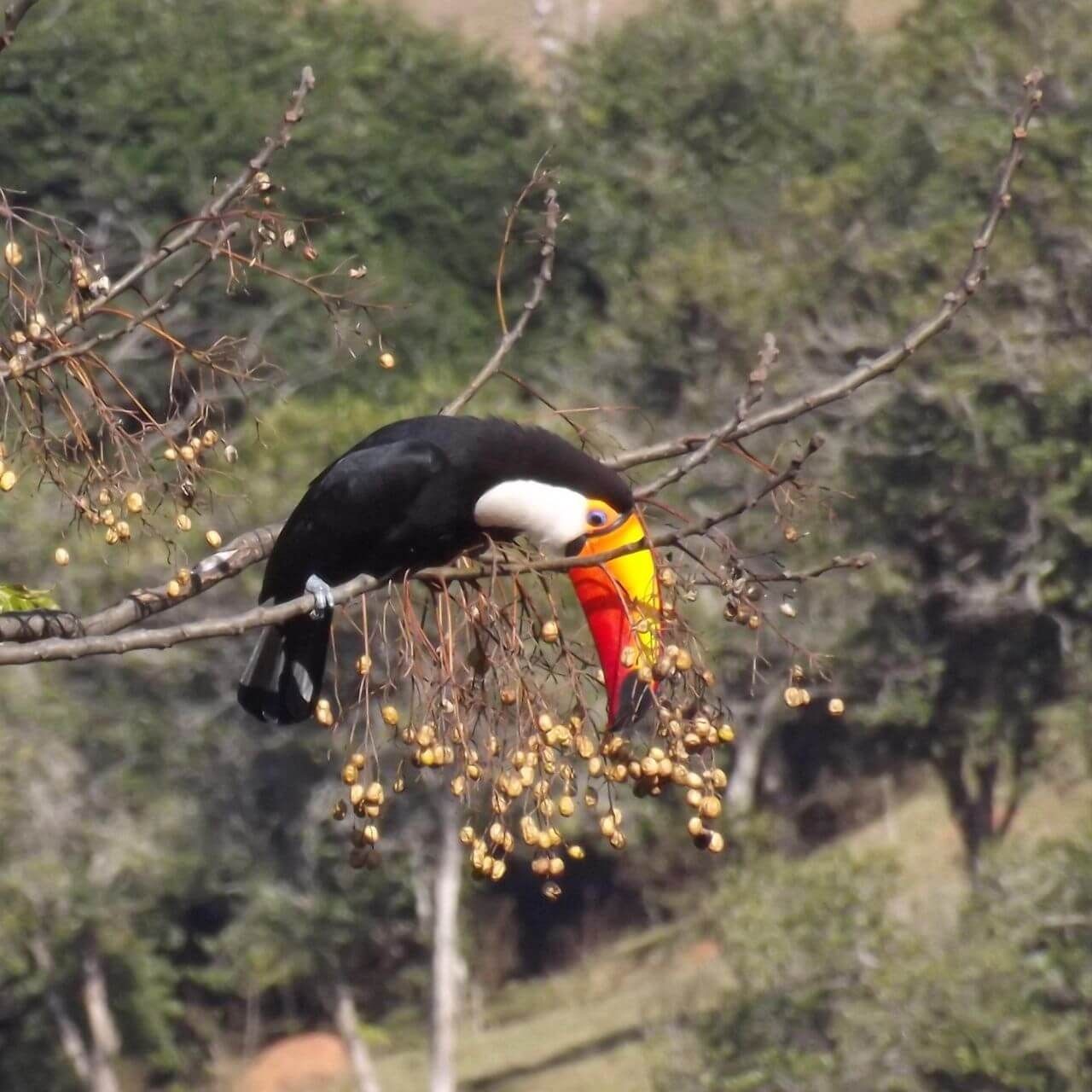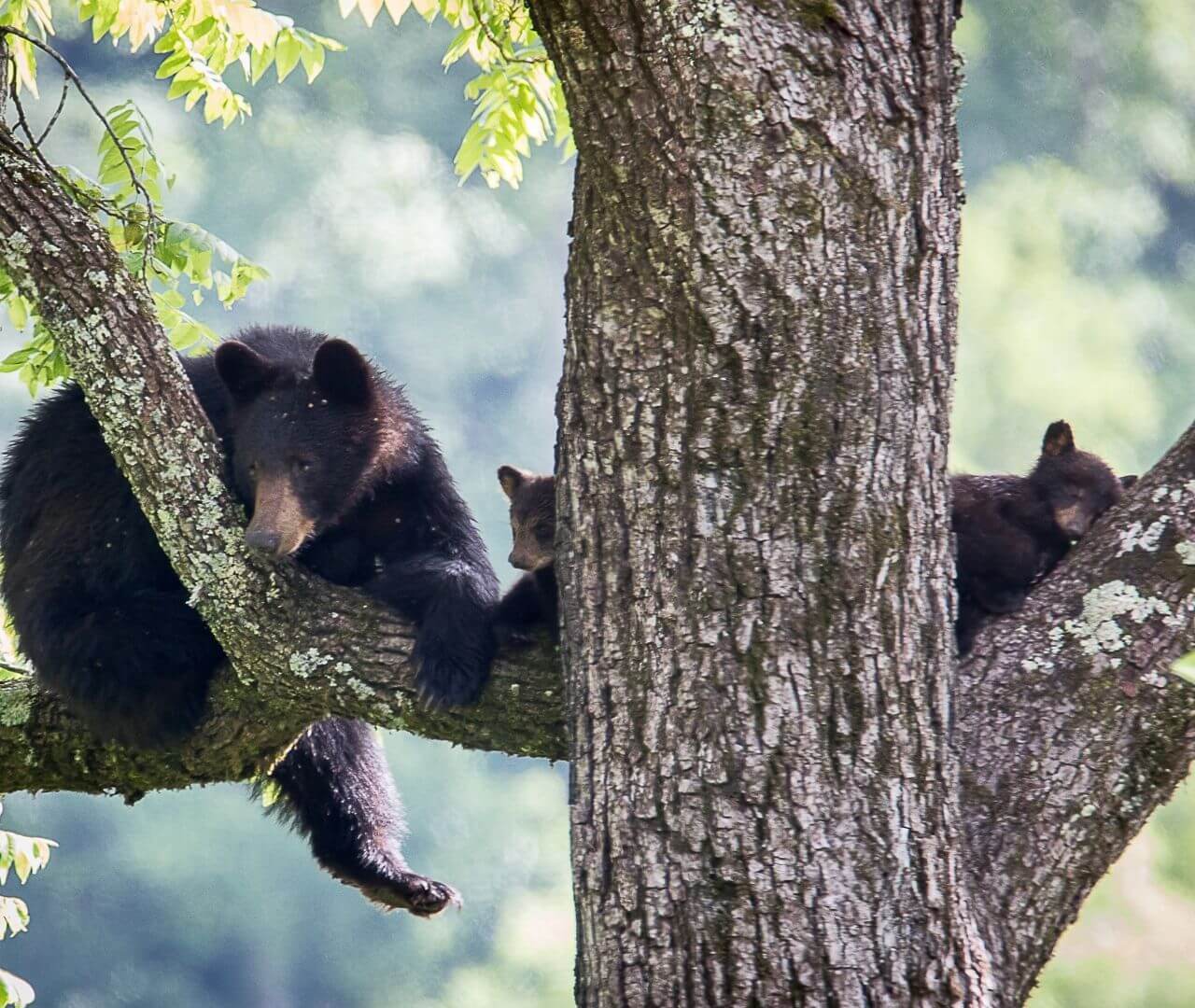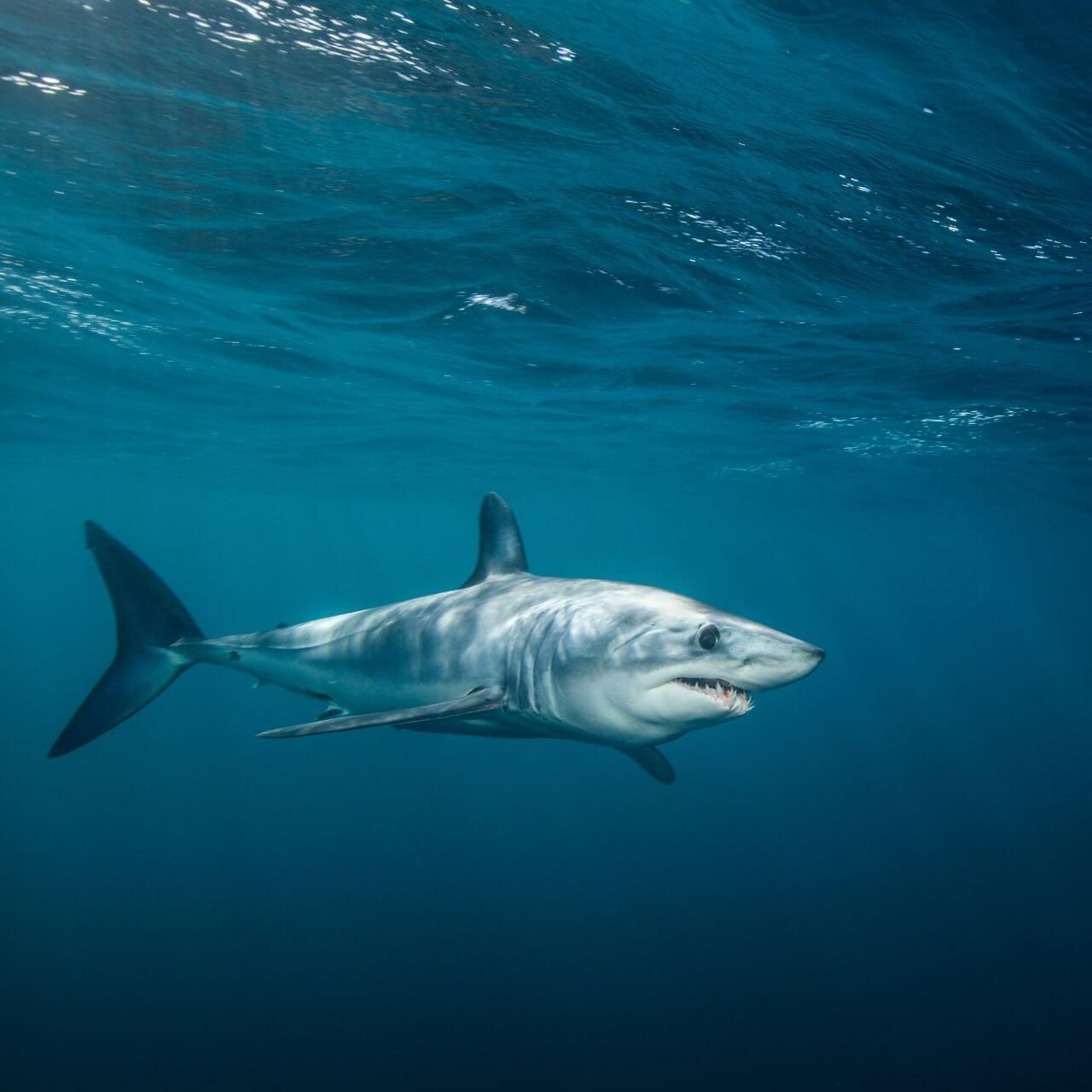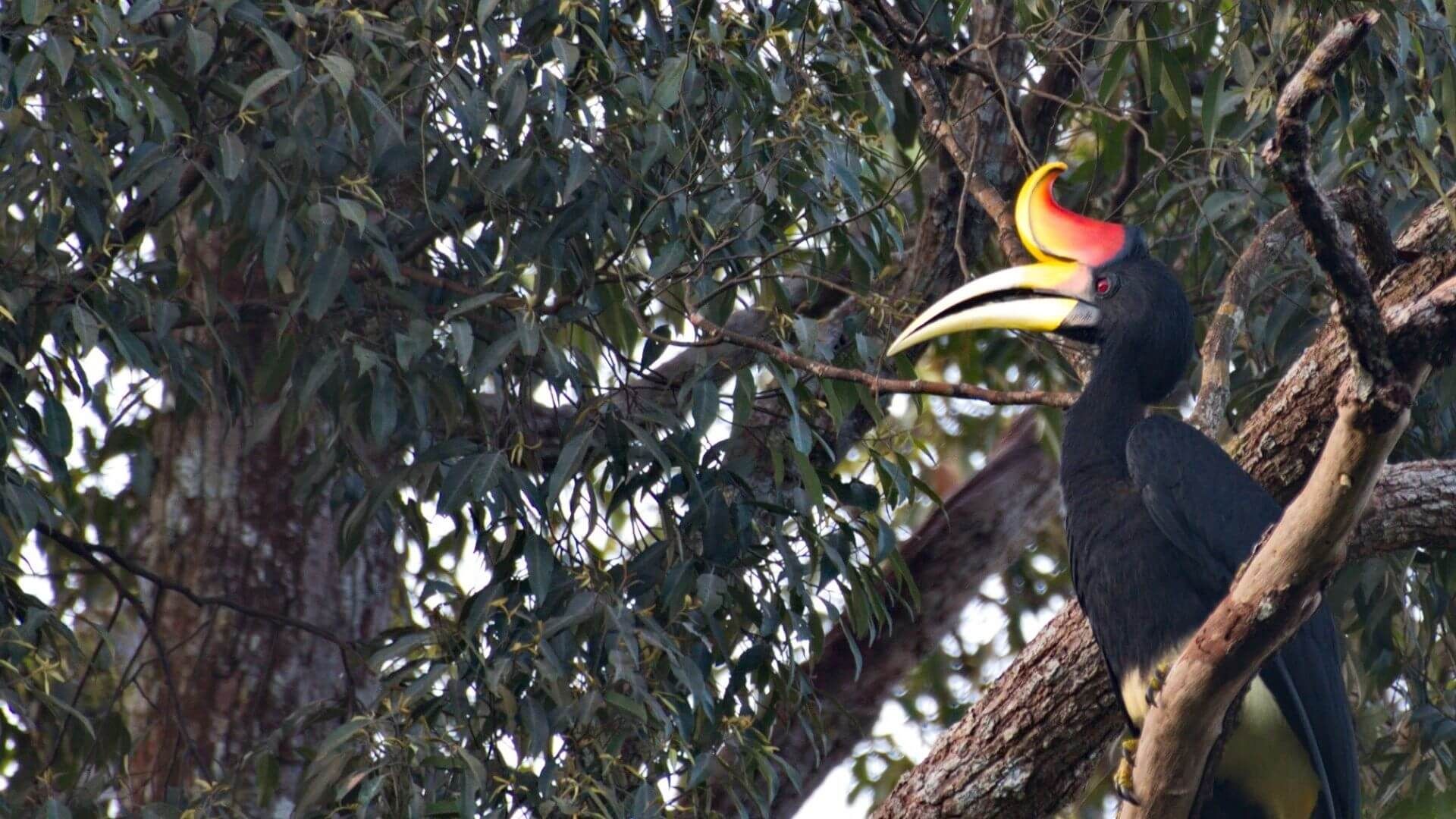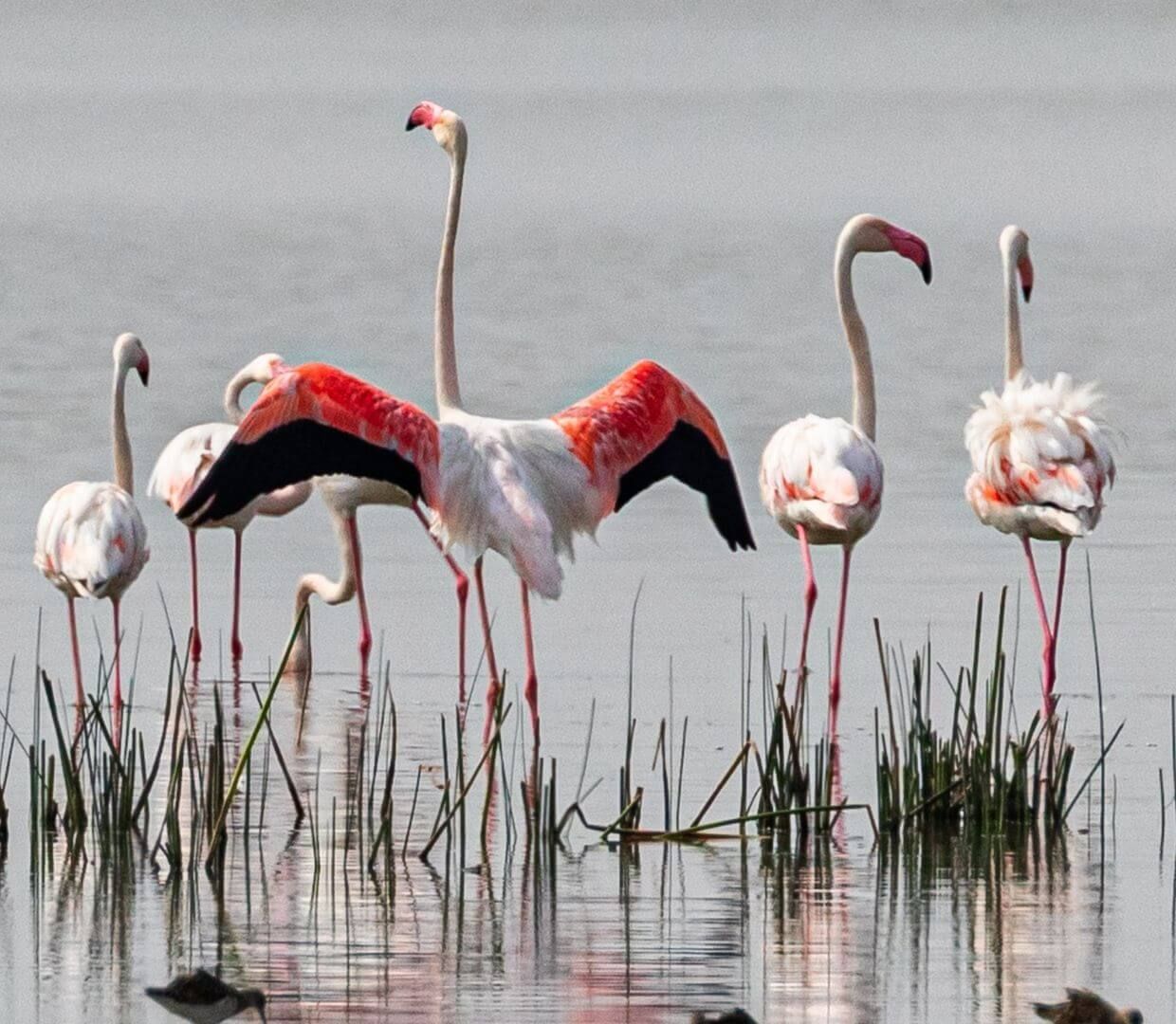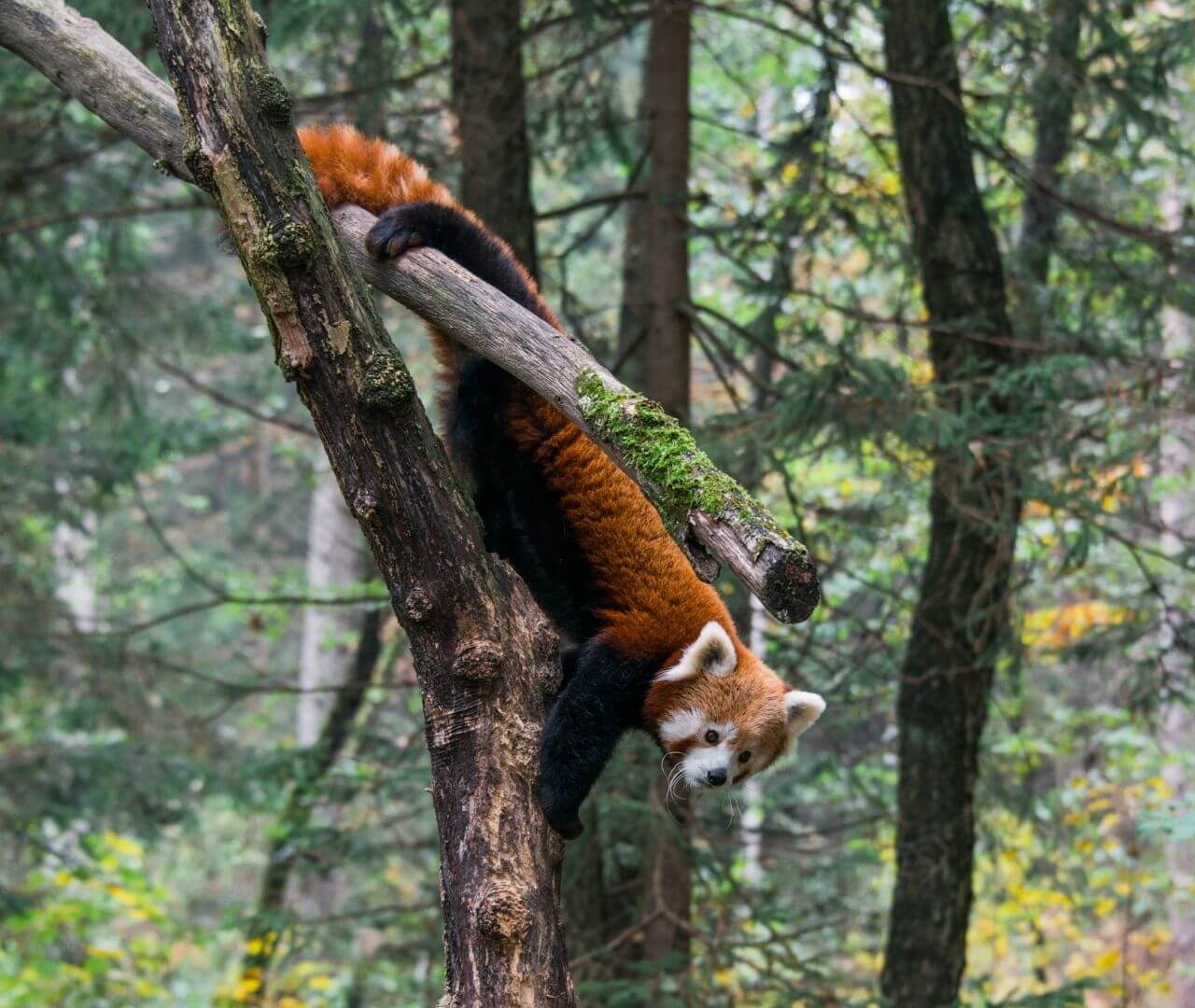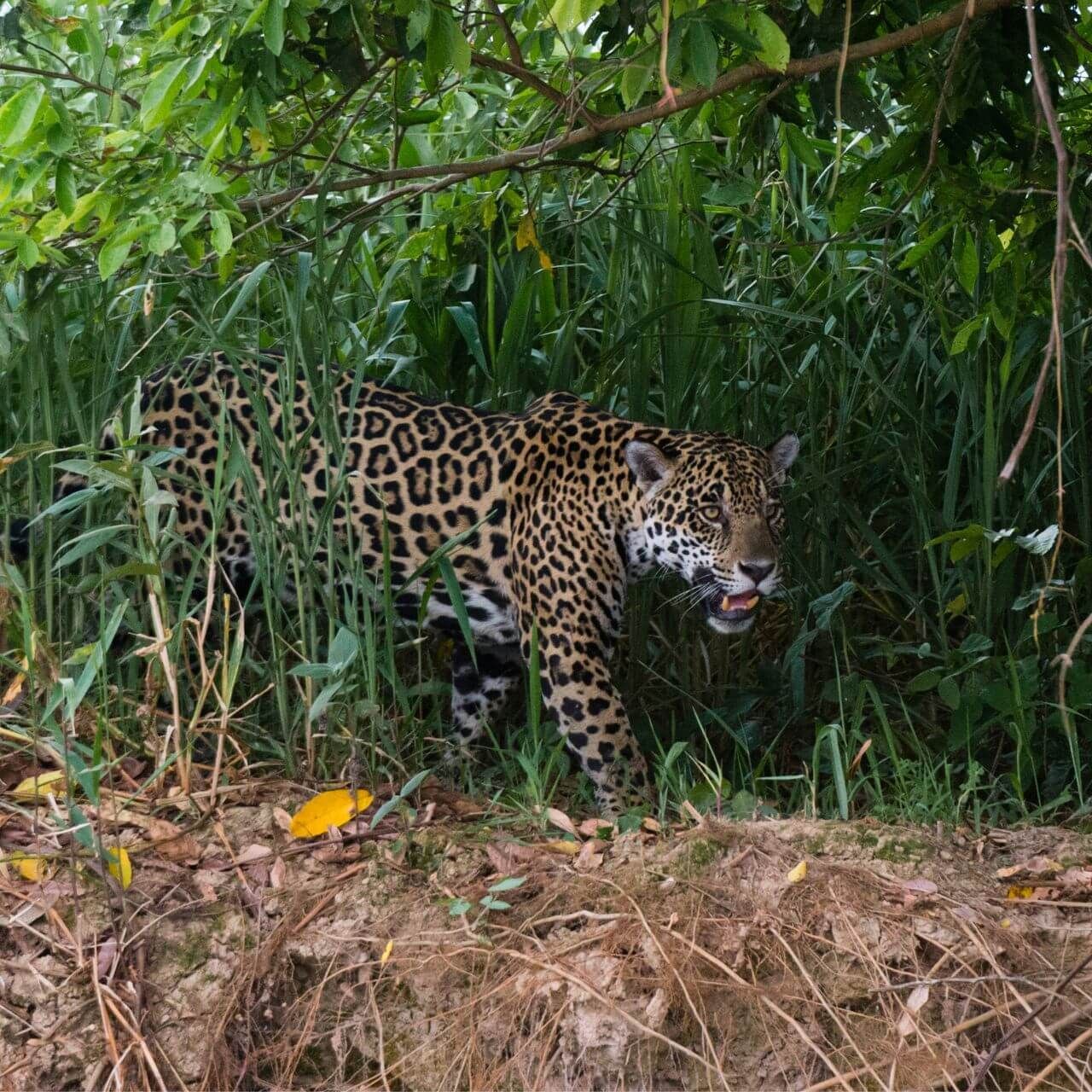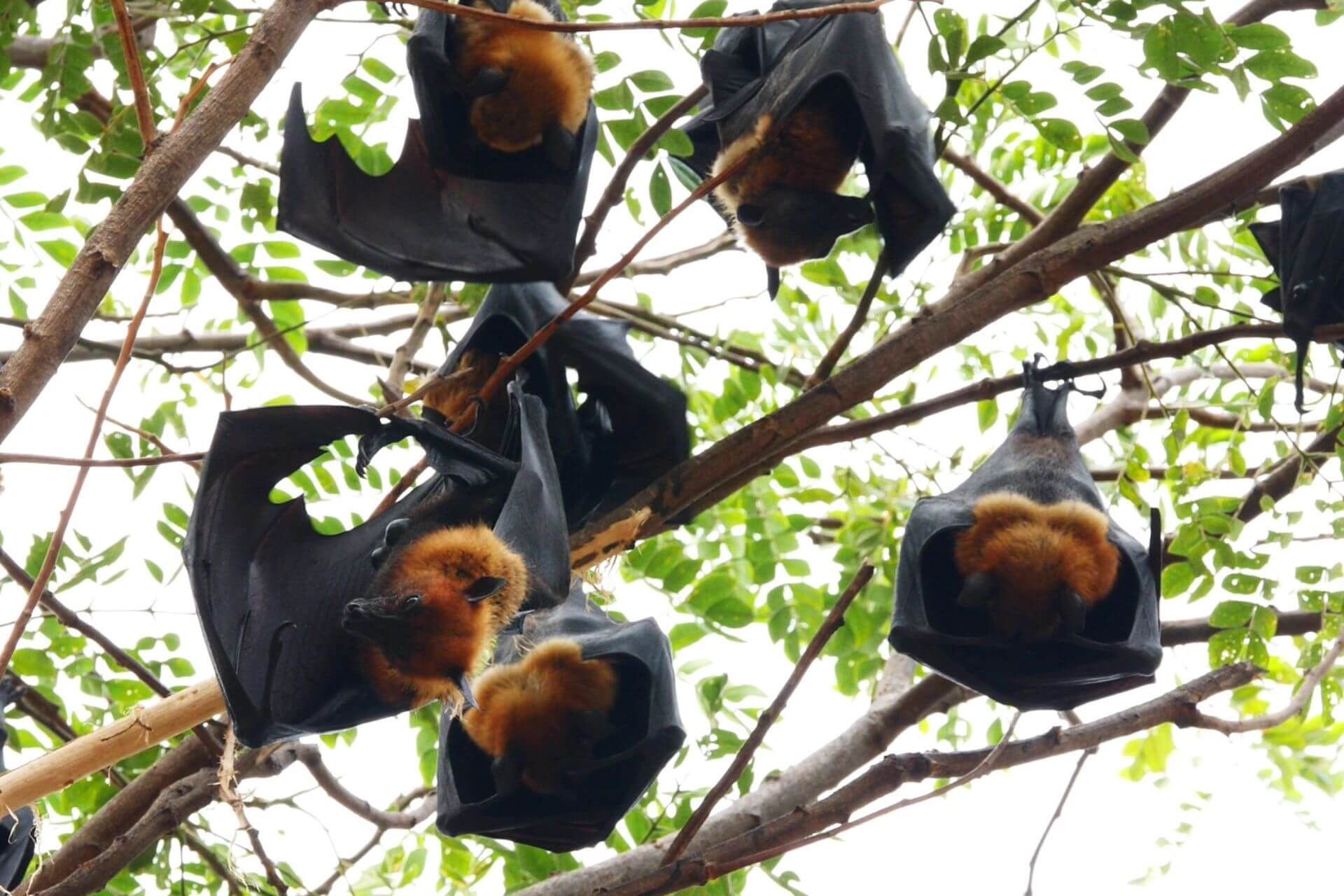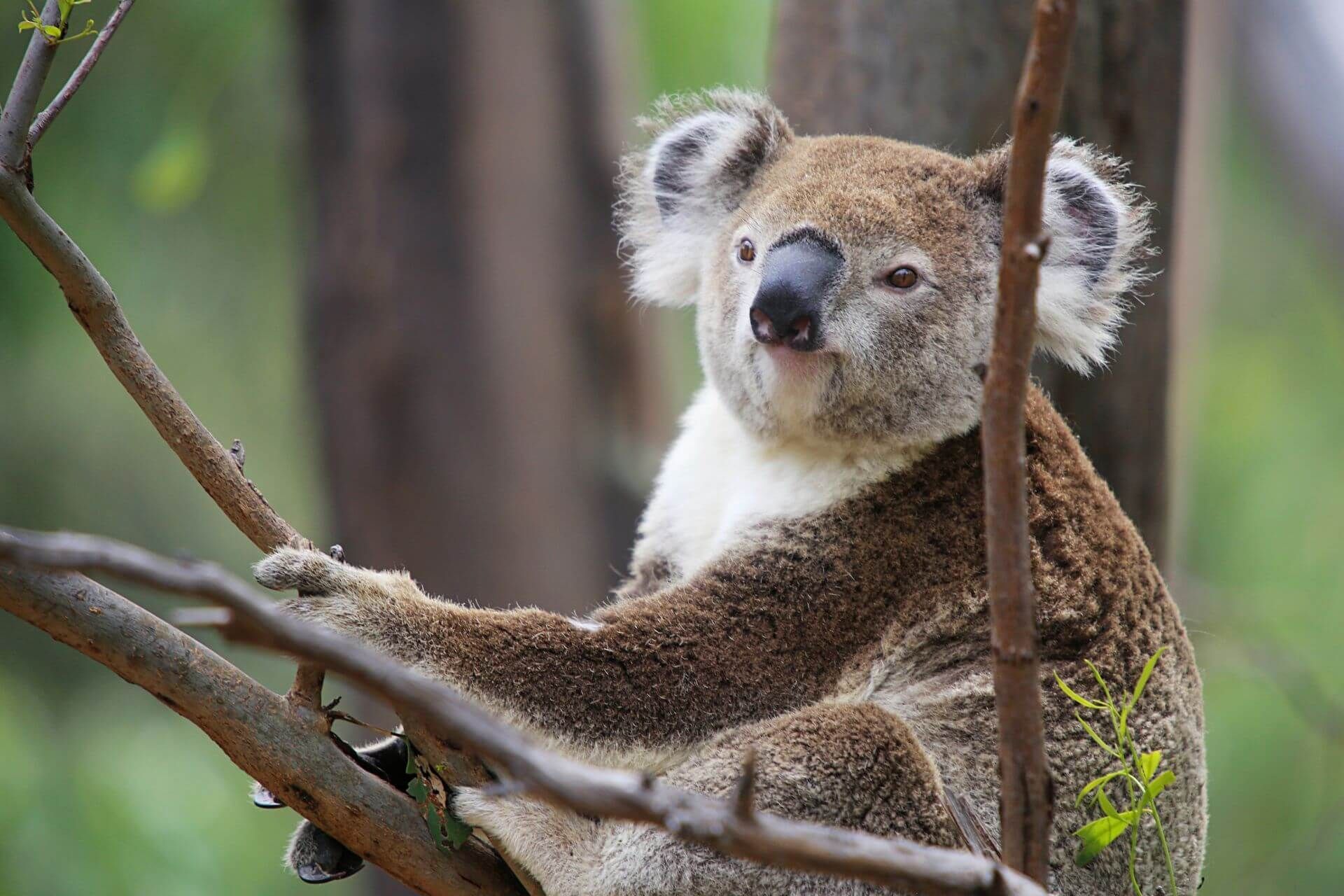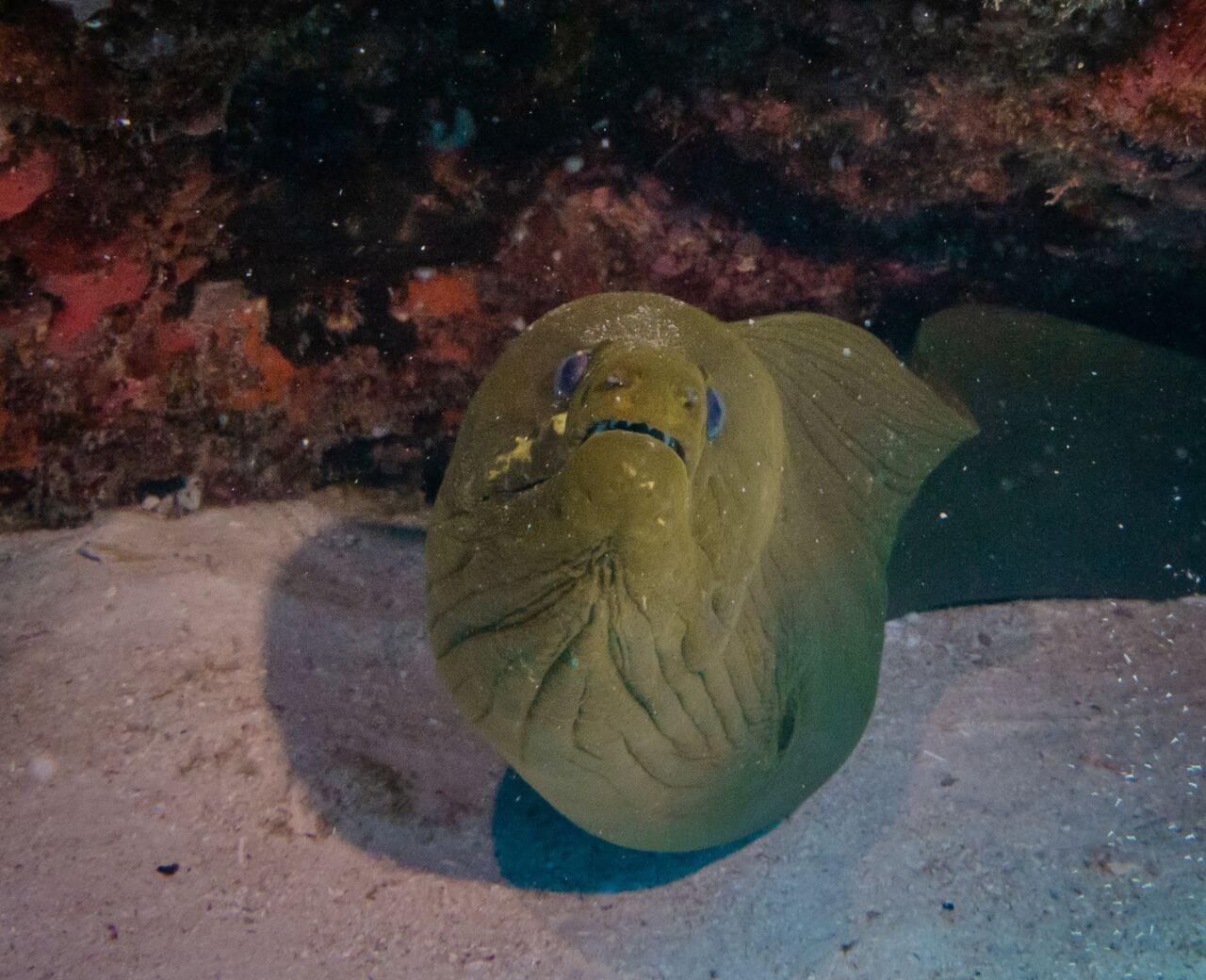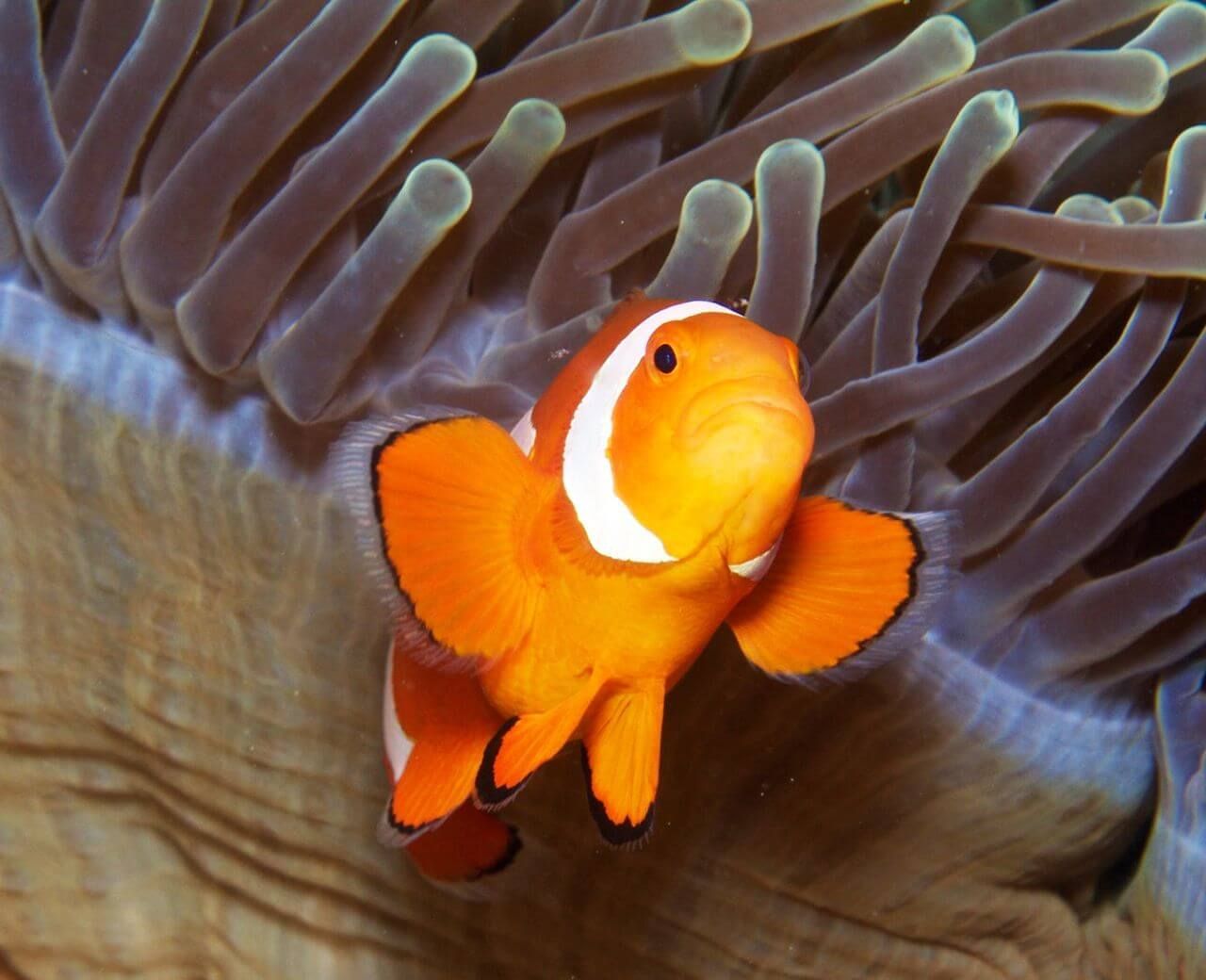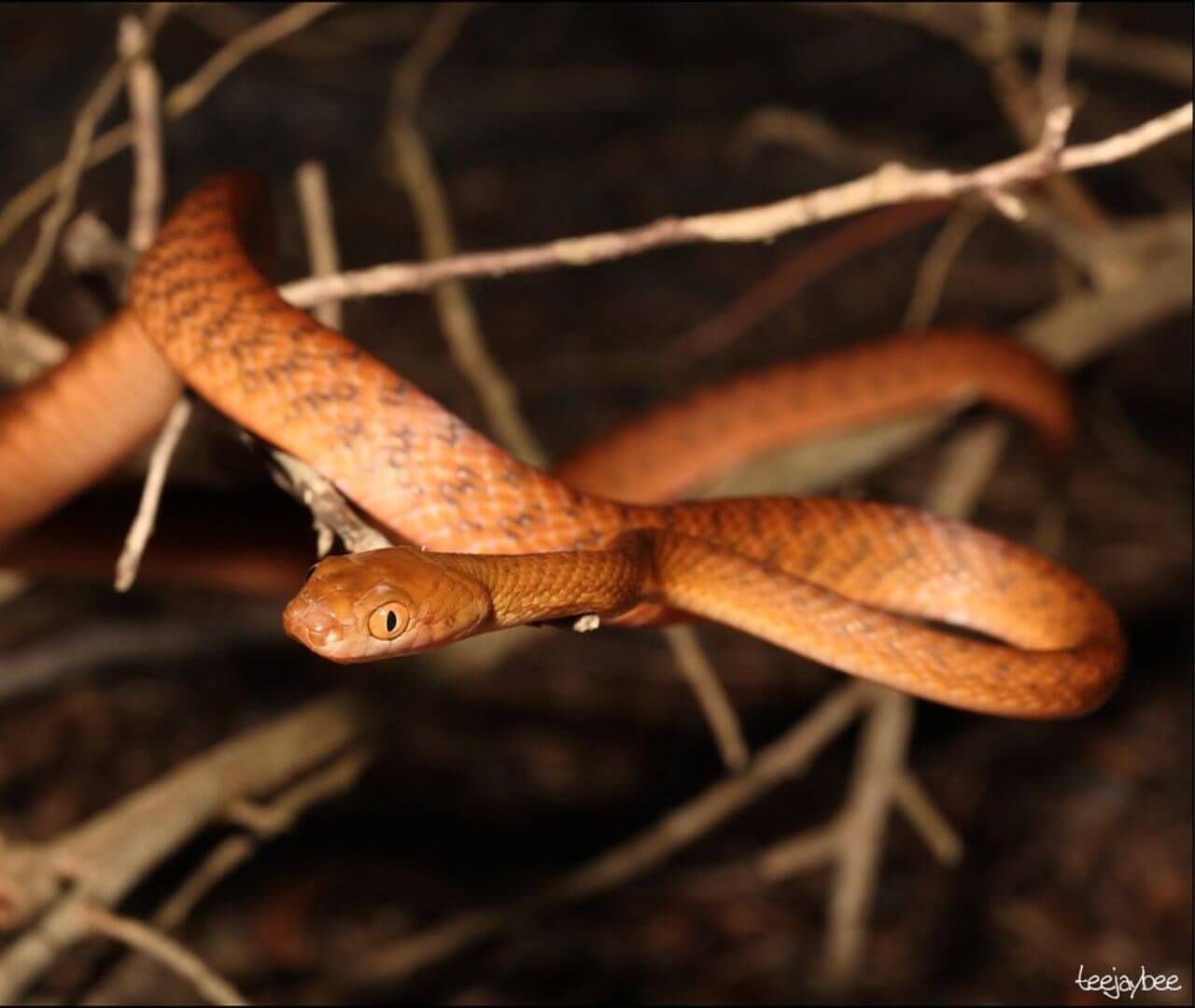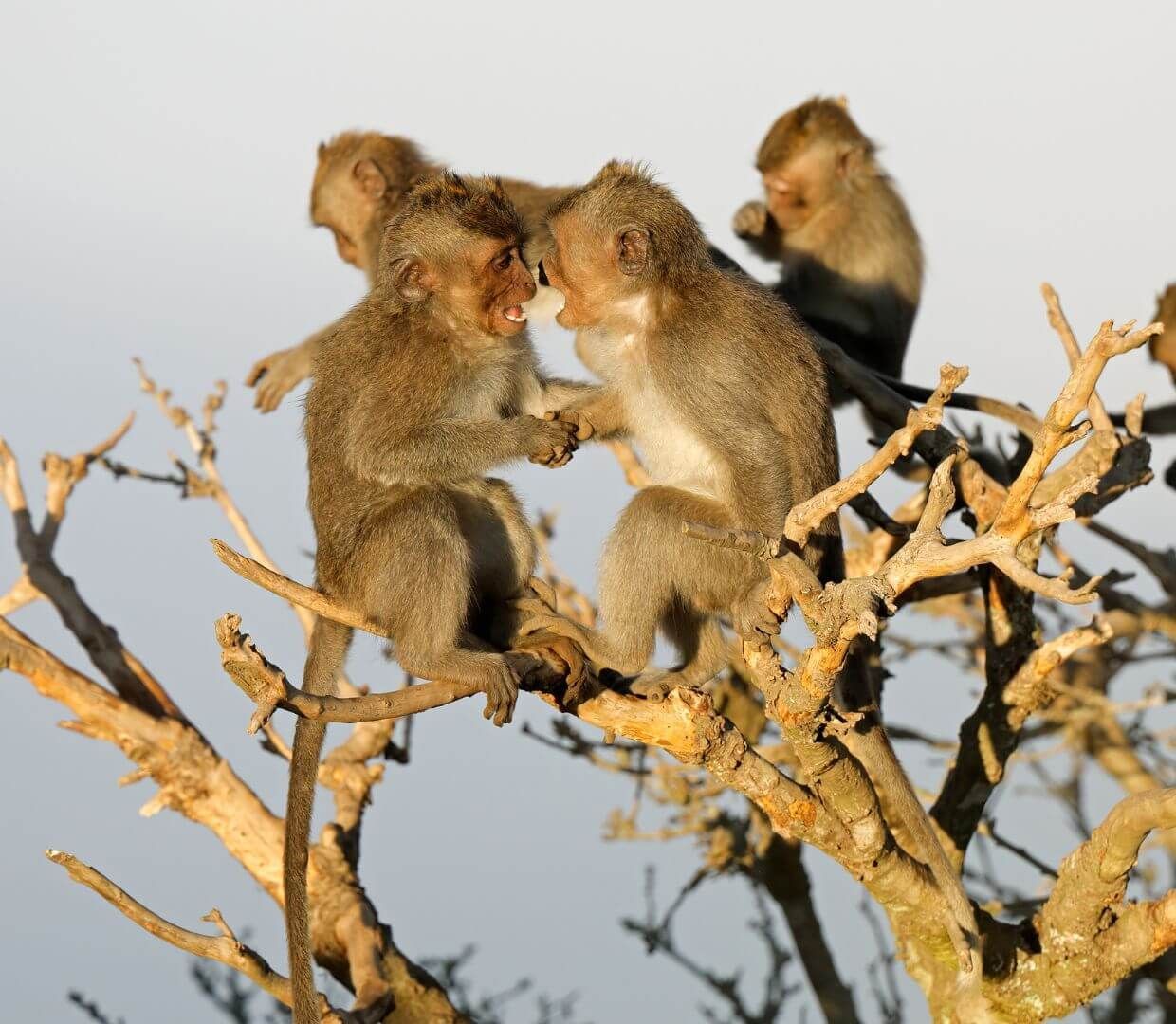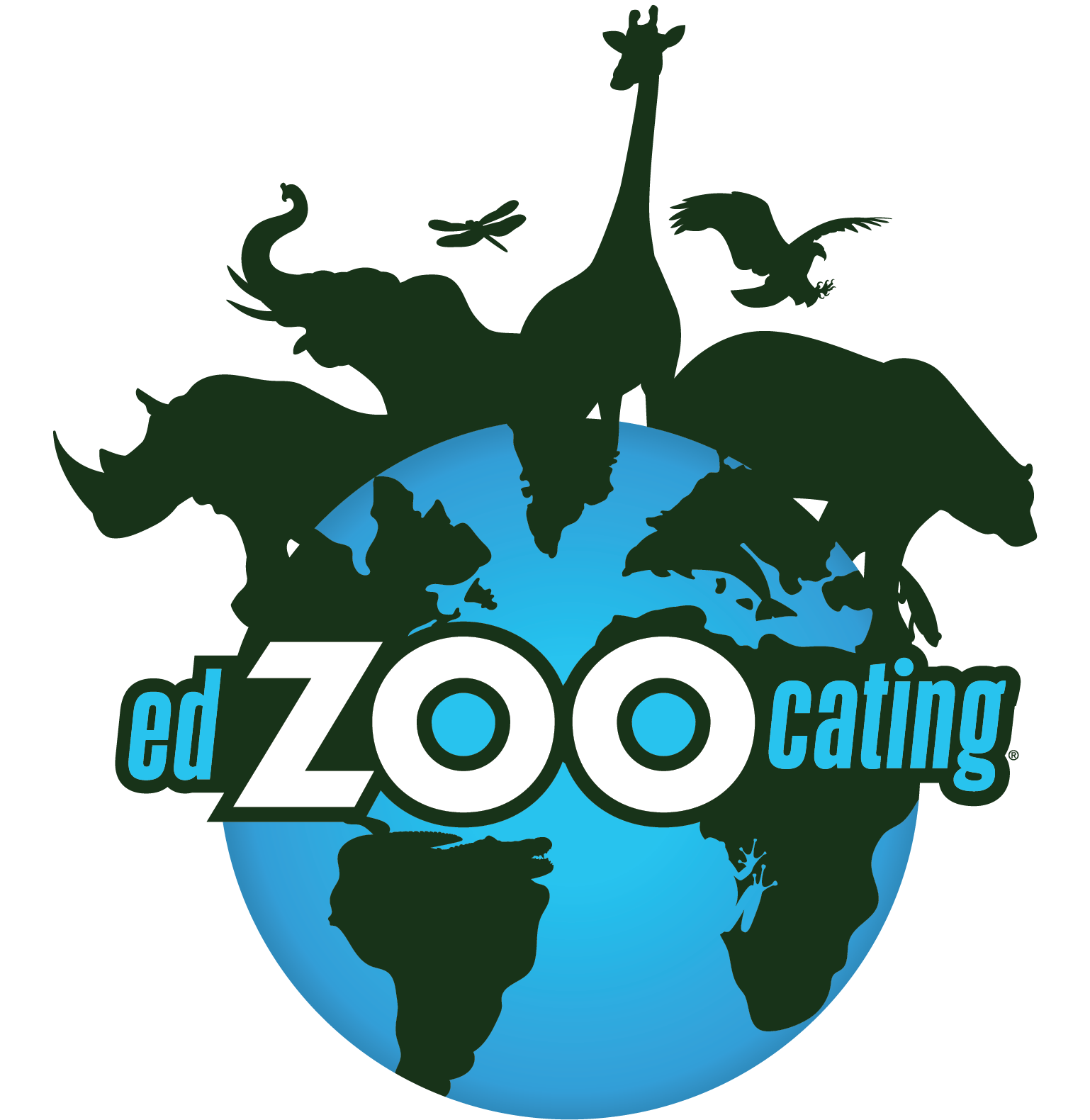Animal Jobs
Why Do Animals Have Jobs?
Animals have many jobs that help the ecosystem stay in balance. In other words, for an environment to be healthy and functioning as it should, we need all the native species to do their jobs. Many animals have more than one role in their environment.
Animals also have jobs that help people (though that’s not why the animals do it). We call these
ecosystem services. Trees provide an ecosystem service of creating oxygen that we rely on to breathe! When ecosystems are balanced, humans get many ecosystem services as an extra benefit.
What Kinds of Jobs Do Animals Have?
Decomposers
Decomposers are organisms that break down dead matter and return it to the environment as nutrients. These nutrients help plants grow, which provides oxygen to the atmosphere and food for animals. Worms, millipedes, and slugs are all decomposers, along with some non-animal organisms like mushrooms and bacteria.
Pollinators
Pollinators are organisms that transfer pollen between flowers. Most flowering plants require pollination to produce seeds (which often develop inside of a fruit). Plants need to reproduce (produce seeds), otherwise, they could go extinct. Imagine if there was one apple tree left in the whole world and it didn’t get pollinated so it never made seeds. Once it dies, there will be no more apples. Some plants can be pollinated by wind, but many rely on bees, butterflies, hummingbirds, and even mosquitos for pollination.
Seed Dispersers
Once plants make seeds, they rely on seed dispersers to spread seeds around an environment. Seeds must spread out to prevent plants from growing right next to each other where they would compete for water, sunlight, and nutrients. Wind and water can disperse seeds, but many plants rely on animals to eat fruit or nuts and then spread the seeds in their waste. Plants with thorny seeds can get hooked onto an animal's fur or feathers and spread out that way, too. Spider monkeys, toucans, and American black bears are all examples of seed dispersers.
Prey Species (Being a Food Source)
While many animals feed on fruit, other animals prefer other animals. Some animals have an important job in being a food source for other animals. Without prey species, carnivores would have no food. Deer, mice, and fish are very common prey species.
Predator Species (Keeping Animals In Check)
On the flip side, other animals act as important predators. Without predators, populations of prey species would grow “un-checked,” meaning they would grow and grow and grow until they ate all the plants and the environment was no longer livable. Predators like wolves keep populations of deer in check (who would over-graze the environment), snakes keep populations of mice in check (who could spread diseases), and sharks keep small fish in check (who would overgraze algae and other small fish).
Protecting All Animals
The moral of the story here is this: Animals all have jobs. Very important jobs. This is why we need to protect every single species of animal, including the ones that we might find to be a nuisance, even pests like mosquitoes.
Want To Learn More?
Check out EdZOOcating Adventures' Animal Jobs lesson with videos, quizzes, activities, projects, glossaries, and more.
Animal Jobs Lesson
$8 (No Expiration Date)Membership
Gain access to 70+ lessons for just $10/month or $100/year.









